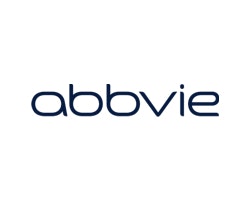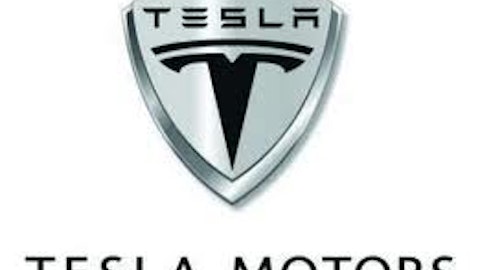Stock buybacks are generally considered a bullish signal on Wall Street. They return capital to shareholders, while declaring management’s belief that its own cheap shares are its best return on investment. As long as profits remain consistent, share repurchases can even increase earnings per share, by dividing the same amount of earnings among a smaller pool of shares outstanding.
But don’t forget — a company isn’t obligated to repurchase shares just because it announced its intention to do so. So don’t use the announcement as a reason to buy by itself, rather use it as a launching pad for additional research.

A newly public pharmaceutical giant announced a fairly massive $1.5 billion buyback program that it expects to carry out over the next few years — coinciding, it turns out, with the narrowing fortunes of its top drugs.
Abbott Laboratories (NYSE:ABT) Labs spun off AbbVie Inc (NYSE:ABBV) on Jan. 1 with a portfolio of top-notch therapies like Humira, AndroGel, Tricor, and Triplix. But this multibillion-dollar passel of drugs has the common denominator of facing a rising tide of competition at the same time it will be experiencing pricing pressure from health insurers and government medical programs. Buying back shares may be one of the ways AbbVie is able to boost shareholder value while waiting for its drug development program to bear fruit.
Generic competition is already impacting how Tricor, Triplix, and a third lipid drug, Niaspan, will contribute to operations. TriCor alone saw a 17% drop in sales in 2012 after generics hit the market and now management anticipates sales for the three tumbling some $1.2 billion this year to fall below the $1 billion mark as Niaspan sees generic competition in 2013 and Triplix faces it later this year or next.
Humble Humira
Right now, though, all eyes are on AbbVie’s leading rheumatoid arthritis drug Humira, which recorded $9.3 billion in global annual sales in 2012 and is expected to generate more than $10 billion this year. While AbbVie is counting on geographic expansion and getting Humira approved for additional indications to push sales higher, it might not be able to hang its hat on the 51% revenue contribution the drug currently provides.
Amgen, Inc. (NASDAQ:AMGN) is pushing for approval of the use of biosimilars — generic, therapeutic drugs derived from biological sources — to take on Humira, but Abbott filed a citizens petition with the FDA last year to block their use, saying it amounted to violating trade secrets. The FDA hasn’t issued a decision “because it raises complex issues requiring extensive review and analysis,” but the threat continues to hang over its head.
Yet JAK1 inhibitors probably pose a more immediate threat to Humira’s dominance, particularly after Pfizer Inc. (NYSE:PFE) won FDA approval for its RA therapy Xeljanz, which is being hailed as a potential blockbuster drug for the pharma. Abbott began investing heavily in JAK inhibitors last year and purchased for $1.35 billion the rights to an RA drug from Galapagos.
AndroGel is also under attack. The low-testosterone treatment is AbbVie’s second biggest-selling drug, with nearly $1.2 billion in revenues. But generic drug maker Perrigo Company (NASDAQ:PRGO) just gained approval for its own gel therapy by using a bioequivalence study to compare its formulation to AndroGel as the basis for gaining the FDA’s nod. Bioequivalence uses a brand-name drug’s efficacy and safety data to show that any differences between it and a generic rival are statistically insignificant.




